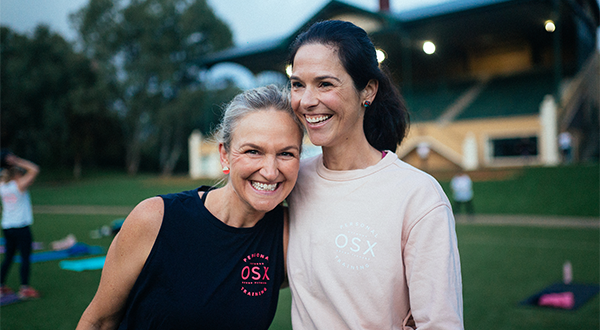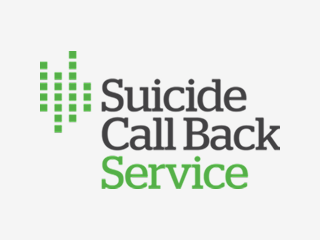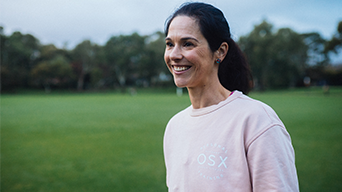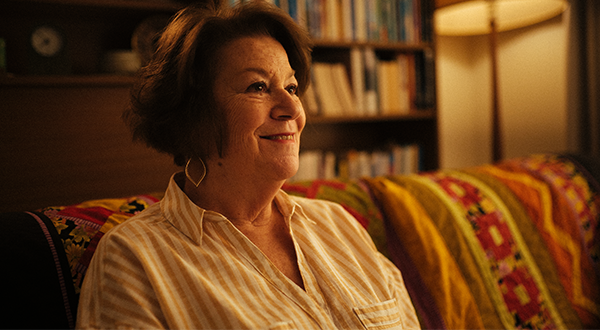Women's mental health
Women are more likely to report experiencing mental health challenges than men.
While every woman’s journey is unique, both social and biological factors play a role in shaping their mental health. The pressure to "do it all" can leave women feeling overwhelmed and isolated – a weight no one should carry alone.
Women from LGBTQIA+ communities face higher risks due to discrimination, and young women are reporting more anxiety and depression. Nearly half of women aged 16-24 have had mental health issues in the past year, compared to a third of young men.
The good news is Women are more likely to seek help and talk about how they feel. Getting support early can help you feel more in control and better able to cope with life’s ups and downs.


Acknowledgement


.png?h=559&iar=0&w=390)















